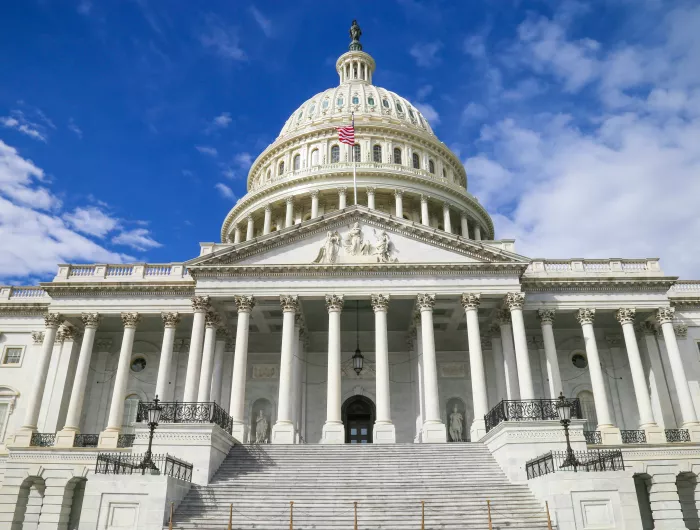CSPI urges Congress to remove industry-serving riders blocking progress on sodium reduction from FY24 Appropriations Bill

Louis Velazquez - unsplash.com.
Statement of CSPI President Dr. Peter G. Lurie
Congress included two devastating policy riders that halt needed, evidence-based sodium reduction efforts in their tracks in the Fiscal Year 2024 Agriculture Appropriations Bill it released yesterday.
The first rider limits the Food and Drug Administration’s ability to advance long-term voluntary sodium reduction targets for industry and underfunds the agency to boot. Most of the salt Americans get doesn’t come from the saltshaker or cooking from scratch—rather, it comes from processed and restaurant foods. Many packaged foods can approach a day’s worth of sodium (2,300 milligrams for adults) in a single serving. FDA is implementing short-term targets that, if achieved, would reduce average sodium intake from about 3,400 mg to 3,000 mg per day. Longer-term targets are needed to bring sodium intake down to the 2,300 mg the government recommends in the Dietary Guidelines for Americans.
The second rider limits the US Department of Agriculture’s ability to reduce sodium in its anticipated April update to the school meal nutrition standards, and the bill also cuts agency funding that supports these efforts. This rider (formerly, the "Cheese Carveout") blocks any change to sodium standards through school year 2026-27, and after that caps reductions at pre-2016 levels, which are higher than what is safe for kids’ health. More than nine in ten U.S. kids consume too much sodium, which is linked to high blood pressure and one in six children currently has elevated blood pressure. This can increase the risk for heart disease, heart attack, and stroke, and the risks are more likely to carry over into adulthood.
From some angles, the overall bill is an improvement upon previous drafts—it fully funds the WIC program, removes several other policy riders that would damage the USDA’s and FDA’s abilities to do their jobs, and removes a harmful rider that would pilot restricting purchases for people who participate in SNAP. But the school meal and FDA sodium riders interfere with critical updates designed to protect our kids’ health.
Congress shouldn’t interfere with expert-led, evidence-based updates to the school meal nutrition standards, nor FDA’s voluntary work with industry to reduce sodium across our food supply—and it definitely should not do so in a government funding bill. We urge Congress to follow the science and put Americans’ health before special interests.
# # #

